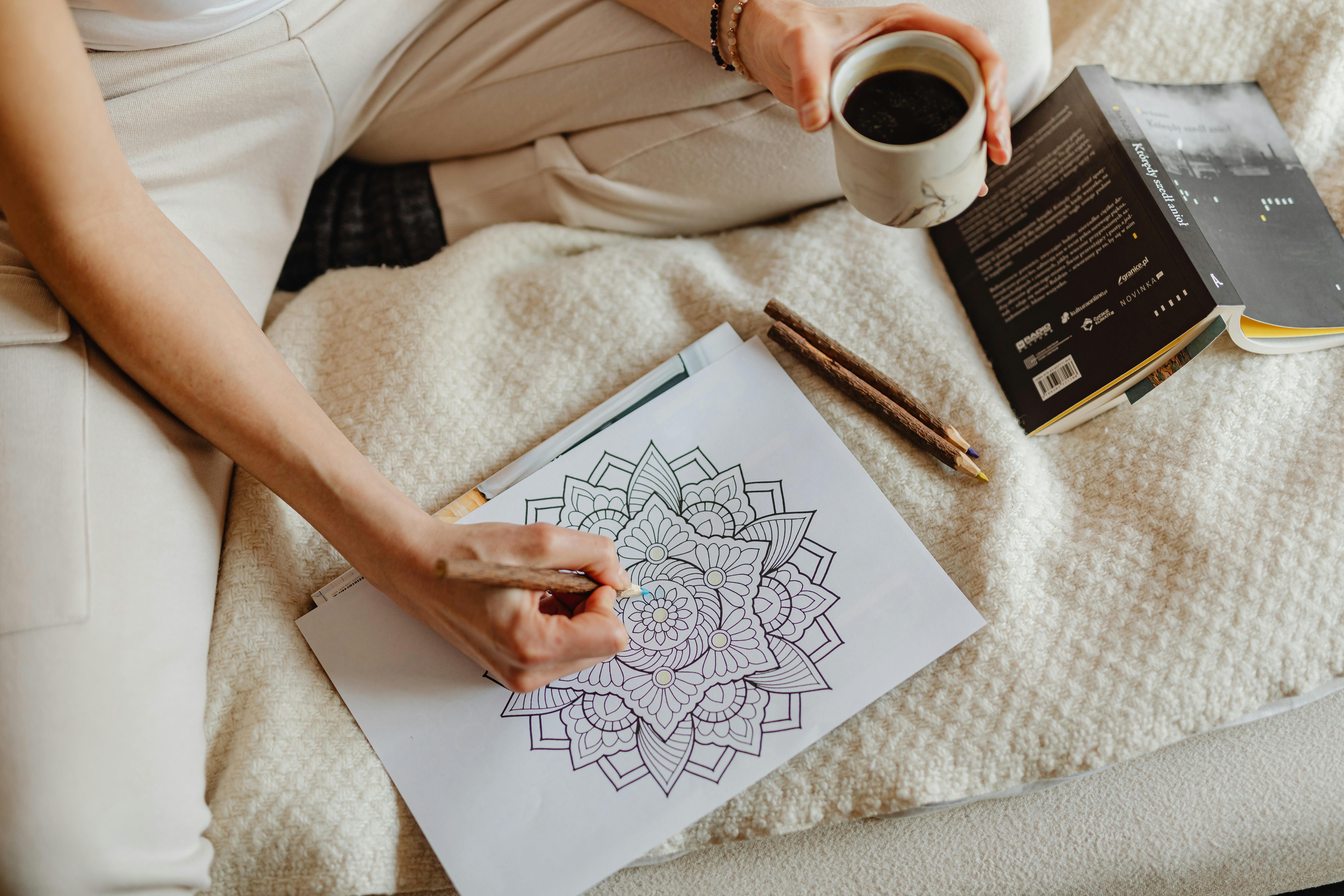Six Effortless Ways to Melt Away Stress Without Spending a Dime
In today's fast-paced world, stress has become an almost ubiquitous part of our daily lives, affecting our mental and physical well-being. The quest for stress relief often seems to come with a hefty price tag, whether it’s expensive massages, pricey retreats, or high-end wellness products. However, the path to tranquility doesn’t have to be costly. There are numerous ways to alleviate stress without spending a dime, relying instead on simple practices and natural resources. This article explores six effortless methods to melt away stress, focusing on accessible, no-cost strategies that integrate seamlessly into our routines, providing relief and promoting overall wellness.
Deep Breathing: The Power of the Breath

Deep breathing is a fundamental and powerful tool for stress relief that comes naturally to us and is always available. By focusing on slow, deliberate breaths, we activate the body's parasympathetic nervous system, which helps to lower heart rate and blood pressure, fostering a state of calm. This practice can be done anywhere and at any time, making it an ideal stress reliever for those hectic moments. Techniques such as diaphragmatic breathing or the 4-7-8 method can enhance the benefits, offering a quick reset for the mind. By incorporating deep breathing into daily life, we create a foundation for a more relaxed and centered existence.
Mindful Meditation: Cultivating Inner Peace

Mindful meditation is a practice that encourages us to focus on the present moment, acknowledging our thoughts and feelings without judgment. This form of meditation has been shown to reduce stress by promoting a sense of calm and clarity. It can be practiced in as little as five minutes a day, using simple techniques such as focusing on the breath or observing sensations in the body. The beauty of mindful meditation lies in its simplicity and accessibility, requiring no special equipment or setting. By regularly engaging in this practice, we can develop greater resilience to stress and enhance our overall emotional well-being.
Nature Walks: Embracing the Outdoors

Spending time in nature is a proven way to reduce stress and improve mood. A simple walk in a park, forest, or any green space can significantly lower cortisol levels, the hormone associated with stress. Nature walks provide an opportunity to disconnect from the digital world and reconnect with the environment, offering a sense of tranquility and perspective. The sights, sounds, and smells of nature stimulate the senses and promote relaxation. By making nature walks a regular part of our routine, we not only enjoy physical benefits but also nurture our mental health, finding solace in the natural world.
Creative Expression: Unleashing Inner Creativity

Engaging in creative activities such as drawing, writing, or playing music can be a powerful outlet for stress relief. These activities allow us to express emotions and thoughts that may be difficult to articulate otherwise. The process of creating something new can be deeply satisfying and therapeutic, offering a break from stressors and a chance to focus on the present. Creative expression doesn’t require any special talent or training—it's about the process rather than the product. By dedicating time to creativity, we can explore our inner worlds, find joy in self-expression, and experience a sense of accomplishment and peace.
Social Connections: Building Supportive Networks

Human beings are inherently social creatures, and maintaining strong social connections is vital for stress management. Engaging in meaningful conversations with friends or family can provide emotional support and perspective, helping us to navigate stressful situations. Even a simple phone call or video chat can alleviate feelings of isolation and anxiety. Social interactions release oxytocin, a hormone that counteracts stress and promotes feelings of well-being. By nurturing our relationships and reaching out when needed, we strengthen our support networks and enhance our ability to cope with life’s challenges, making stress more manageable.
Gratitude Practice: Fostering Positive Mindsets

Cultivating gratitude involves recognizing and appreciating the positive aspects of our lives, which can significantly reduce stress and improve mental health. By keeping a gratitude journal or simply reflecting on things we are thankful for each day, we shift our focus from stressors to blessings. This practice encourages a positive mindset, helping us to see challenges as opportunities for growth. Gratitude has been linked to increased happiness, lower stress levels, and improved resilience. By making gratitude a daily habit, we can transform our outlook on life, fostering a sense of contentment and tranquility amidst the chaos.